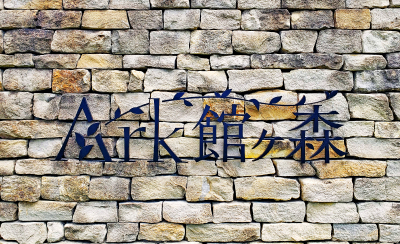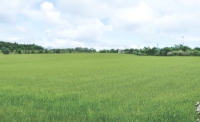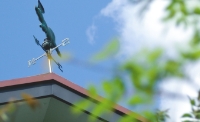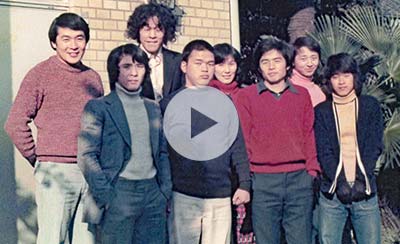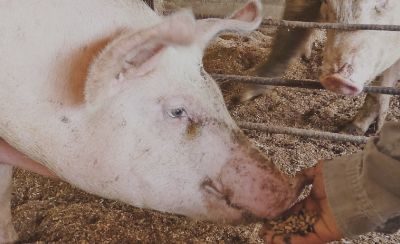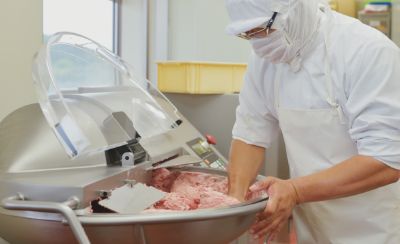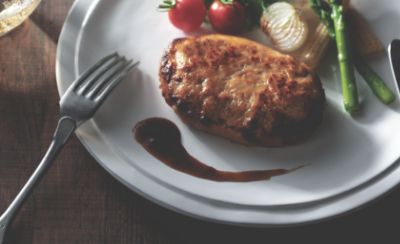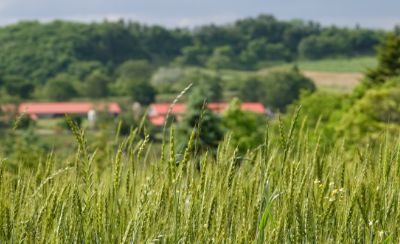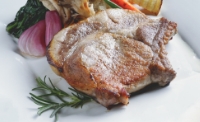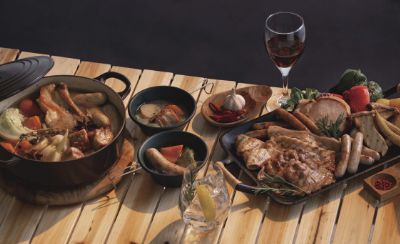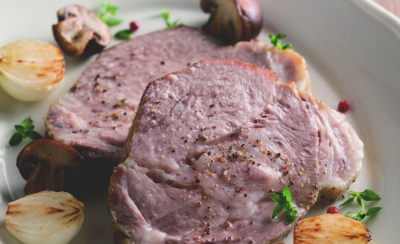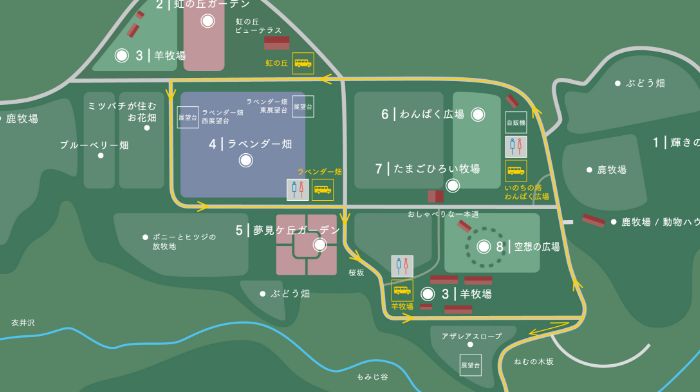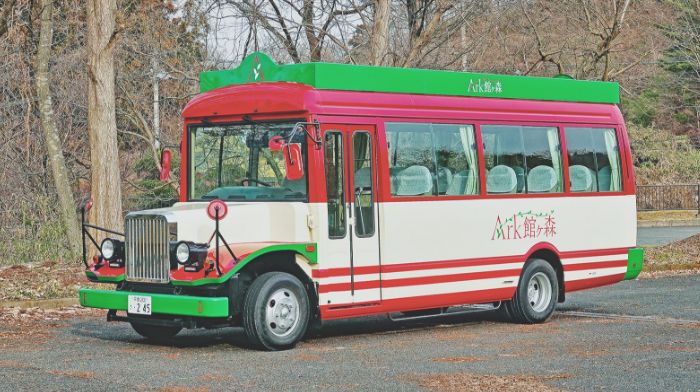On the calendar, the period from "Kokan" (January 5th this year) to the day before "Risshun" (February 2nd) is called "Kan no Uchi" (cold season), and eggs laid during this period are called "Kantamago" (cold eggs).
Modern chickens have been bred to lay eggs all year round, but chickens in the past were unable to lay eggs during the cold seasons.
For this reason, eggs laid during the coldest period of the year, known as "kan no uchi," are rare and precious, and are considered to be nutritious as they are laid without succumbing to the cold.
During this period, the calendar marks the day of "Daikan" (January 20th), and eggs laid on this day are called "Daikan eggs."
In Feng Shui, eating eggs laid during the coldest day of the year is said to bring good health and financial luck, and is highly valued as being very auspicious.
This winter has seen a nationwide outbreak of both human and bird flu, creating a very difficult situation, but by eating "Dakan Eggs" we can help build up our bodies' resistance to illness.
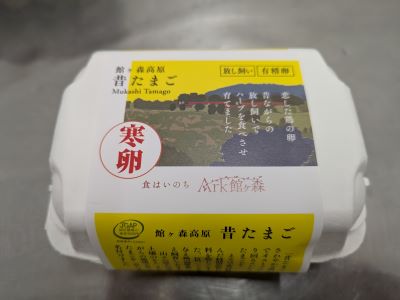
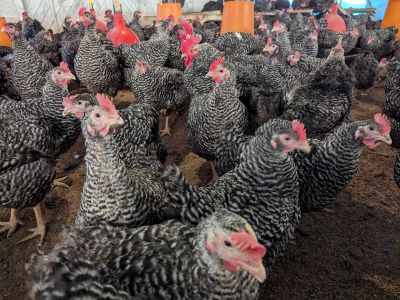
↑ Samsanimasukes, chickens exercising in the chicken coop.
Makoto Chiba


